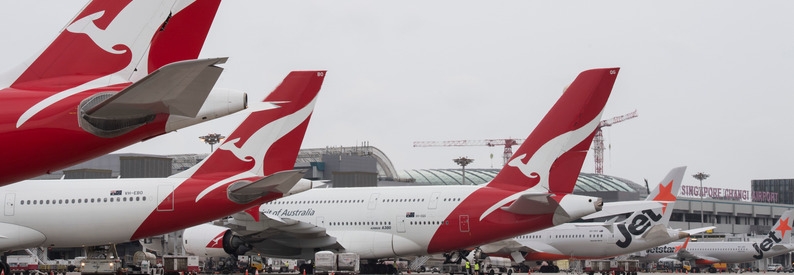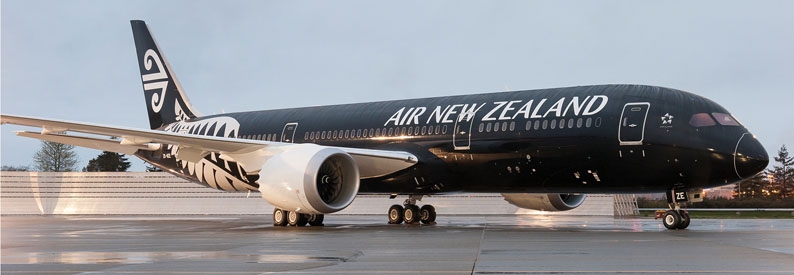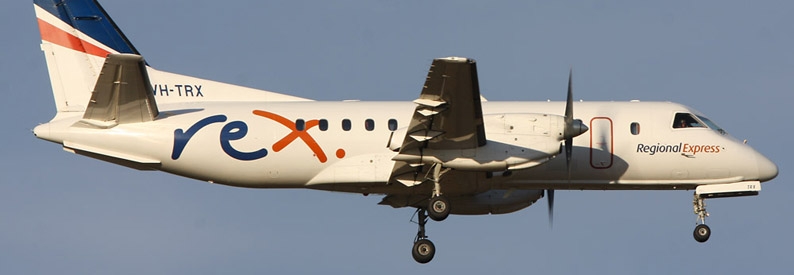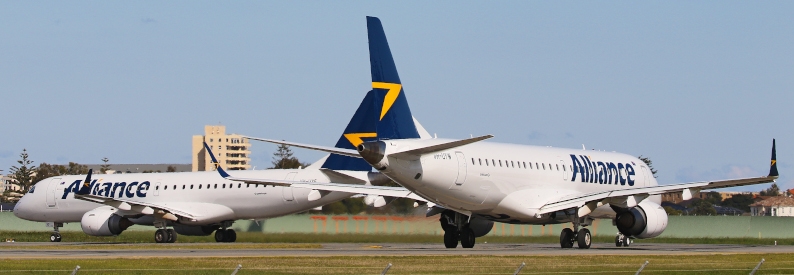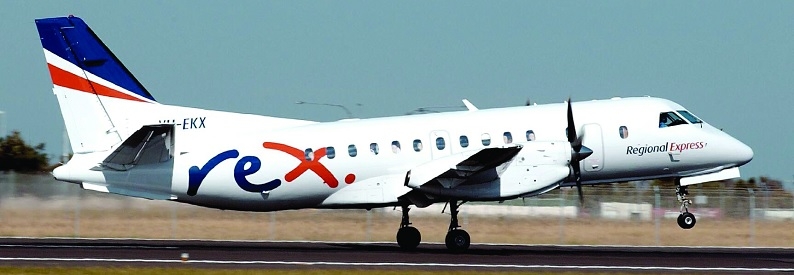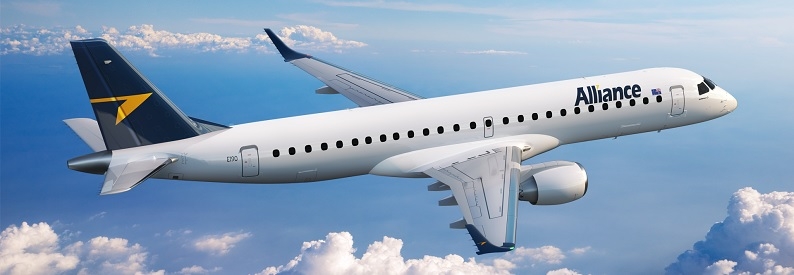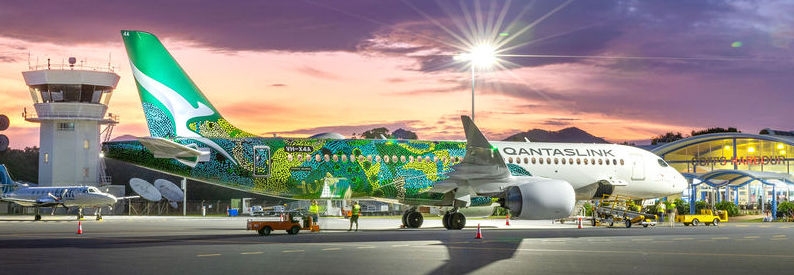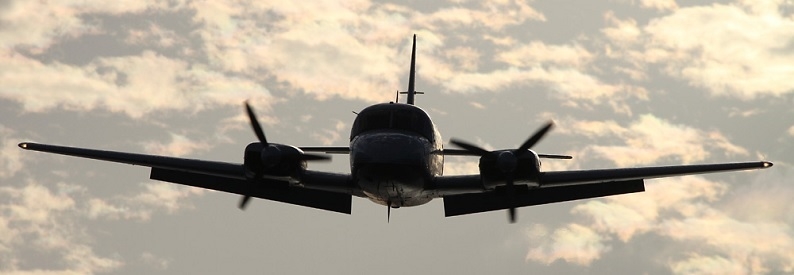Qantas Group CEO Vanessa Hudson says the fleet renewal programme underway at the company's airline brands is the most significant in its history. Speaking at a news conference in Sydney earlier this week, she described the renewal as "a significant investment in growth and customer experience".
Qantas Group owns and operates Qantas, Jetstar Airways, Qantas Freight, National Jet Systems (1989), Express Freighters Australia, and Network Aviation. According to ch-aviation Commercial Aviation Aircraft Data data, Qantas has twenty-five A321-200NY(XLR)s, twenty-four A350-1000s, eight B787-10s, and four B787-9s on order, while Jetstar has forty-five A320-200Ns, eleven A321-200NX, twenty-two A321-200NX(LR)s, and fifteen A321-200NY(XLR)s still to be delivered.
Network Aviation is expecting two (former Spirit Airlines) A319-100s to boost its fly-in-fly-out capacities, Express Freighters Australia is due a single A321-200(P2F), and National Jet Systems has recently begun operating two A220-300s for QantasLink and is expecting a further 27.
At the recent half-yearly financial results announcement, Hudson said the new aircraft were a step change from the types they are replacing, adding that they can fly further and open up new domestic and international routes.
While the A321-200NX(LR)s are already arriving at a steady clip at Jetstar and Qantas expects the first of its A321-200NY(XLR)s to start delivering in early 2025, production issues at Airbus have held up the delivery of the first A350s by at least six months. The modified widebodies will be used to operate ultra-long-haul flights for Qantas under the Project Sunrise banner. These flights are now not expected to start until mid-2026. The A350s will eventually replace ten remaining A380-800s, which Qantas intends to keep operating until the early 2030s. Meanwhile, the first of the twelve B787s from a 2023 order should start arriving in 2027-28 and will replace the airline's older A330 types.
- Type
- Base
- Aircraft
- Destinations
- Routes
- Daily Flights

